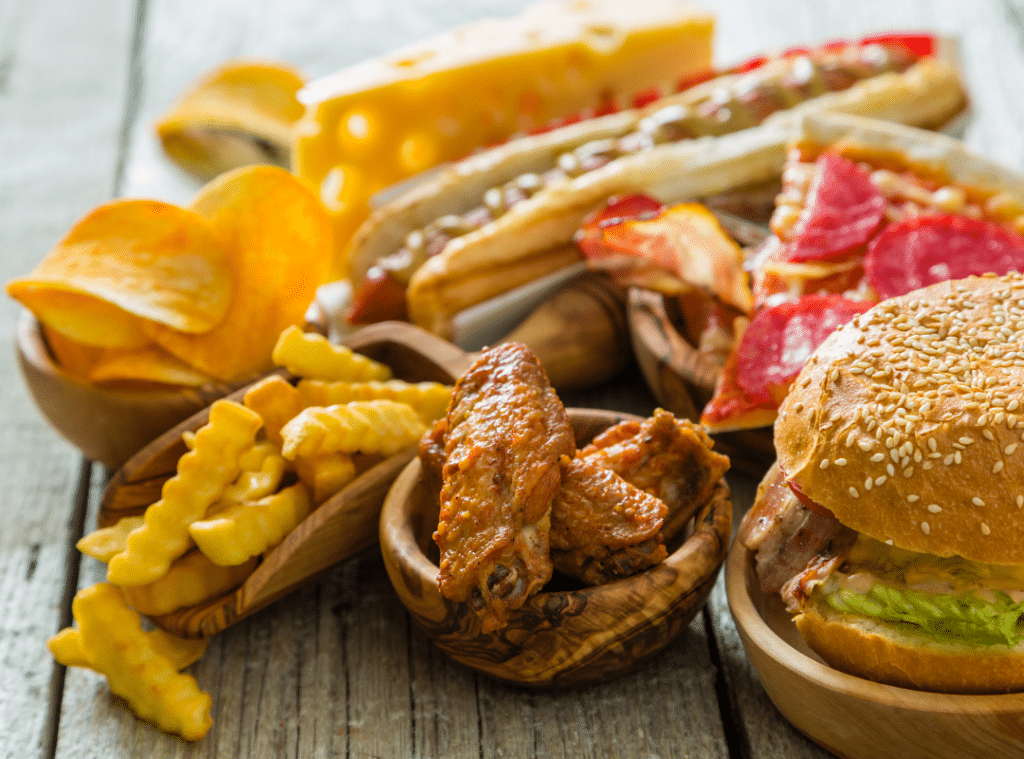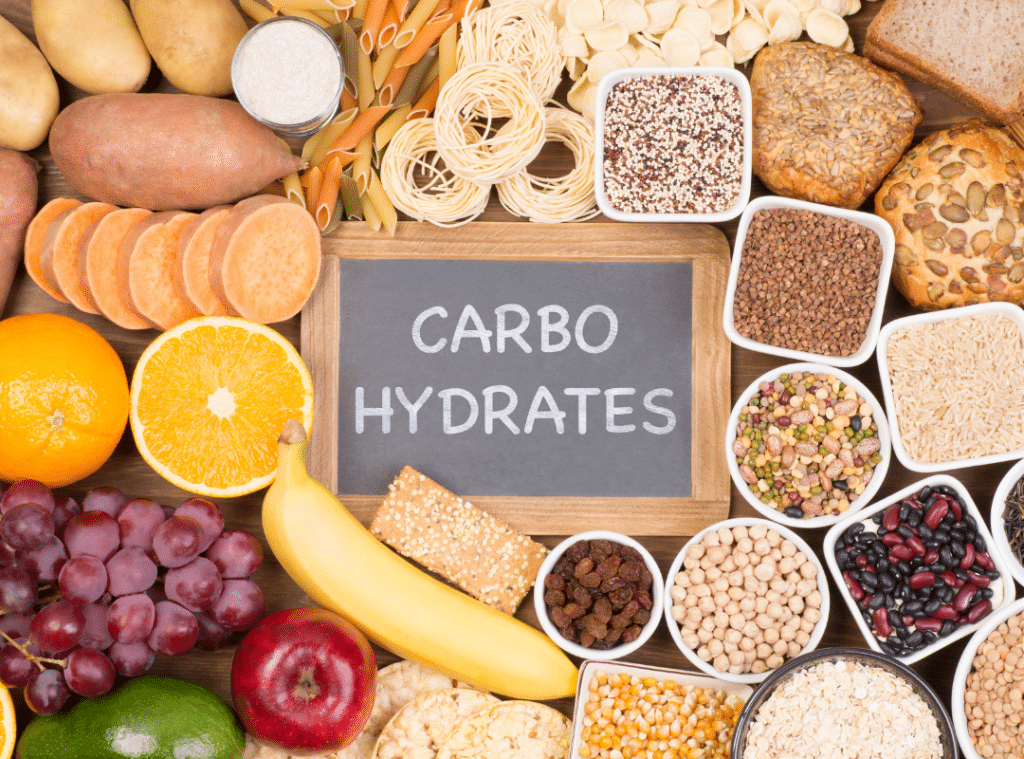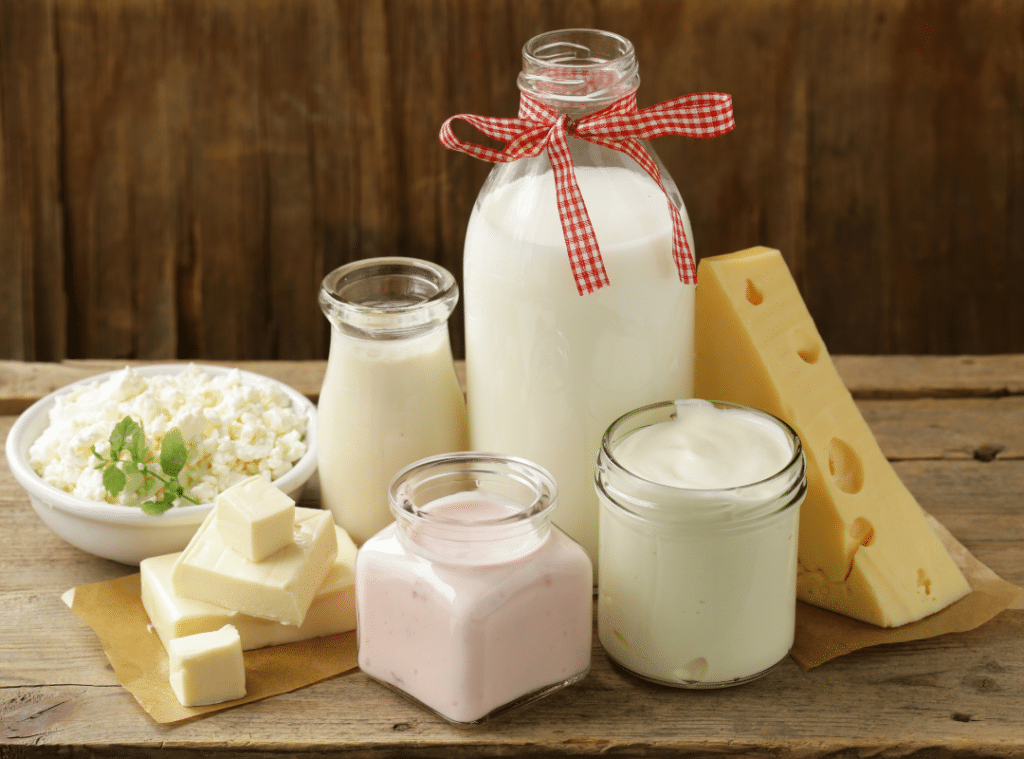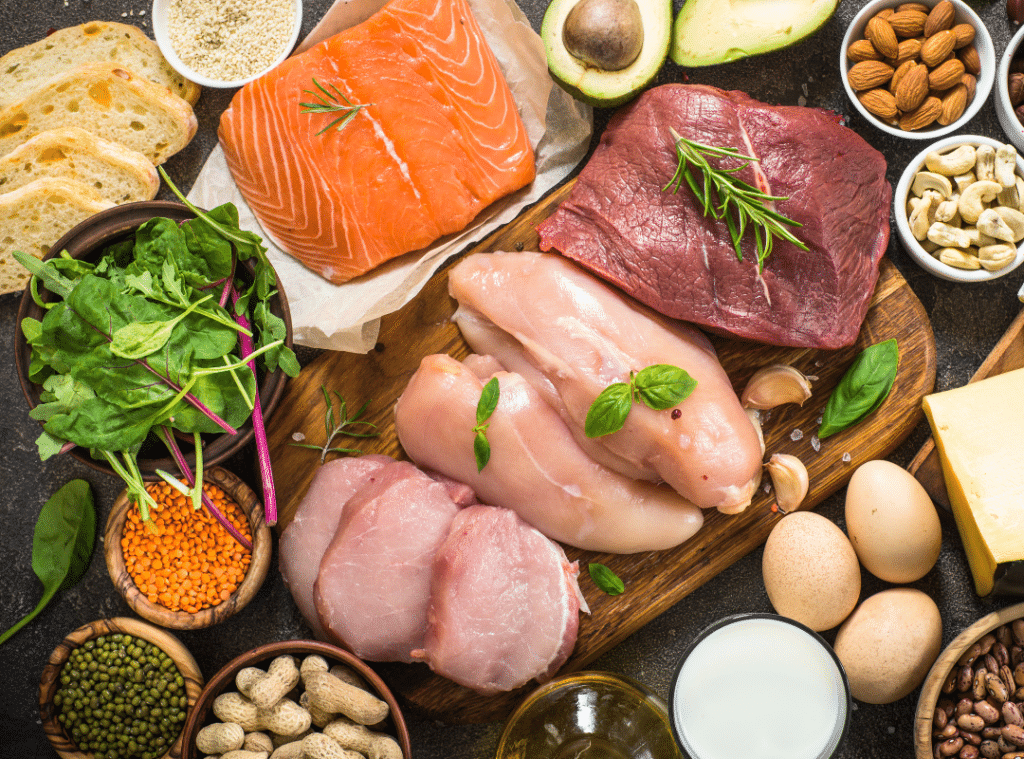What Foods Should the Elderly Avoid and Why? A Guide to Healthy Aging
Just as a garden needs the right nutrients to flourish, your body requires careful choices to thrive in later years. At Westmont of Culver City, we understand that you might think certain foods are harmless, but some can quietly undermine your health, leading to serious issues. From hidden sodium in processed items to the dangers of sugary drinks, the landscape of your diet can greatly impact your well-being. Understanding which foods to steer clear of is essential for maintaining vigor. So, what should you be cautious about, and why does it matter? The answers could reshape your approach to healthy aging with Westmont of Culver City.
Processed and High-Sodium Foods
Regarding your diet, processed and high-sodium foods are best avoided, especially as you age. These foods, like processed deli meats, canned soups, and pickled items, often contain excessive sodium that can harm your health.
High sodium intake is linked to hypertension and heart disease, conditions that are particularly concerning for seniors. The recommended sodium limit for older adults is less than 1,500 mg daily.
You might wonder what foods the elderly should avoid and why. The answer lies in understanding how excess sodium affects your body. Too much salt can lead to fluid retention and swelling, increasing the risk of cardiovascular issues.
Instead of reaching for processed options, use fresh herbs and spices to enhance flavor. Fresh vegetables are also a great alternative to canned or pickled products. Additionally, a heart-healthy diet can significantly improve overall health and reduce the risks associated with aging.

Sugary Foods and Beverages
Processed and high-sodium foods aren’t the only dietary concerns for seniors; sugary foods and beverages also warrant attention. High sugar intake is linked to obesity and diabetes, conditions that can have serious implications for older adults.
Sugary drinks, like sodas and sweetened teas, can lead to rapid spikes in blood sugar levels, increasing the risk of long-term health issues.
Many processed snacks contain hidden sugars, making it easy to unknowingly exceed the recommended daily sugar intake of less than 10% of total calories. Regularly consuming these sugary foods and beverages can contribute to unwanted weight gain, complicating existing health conditions.
Instead of reaching for those tempting sugary options, consider healthier alternatives. Fresh fruits can satisfy sweet cravings while providing essential nutrients.
Unsweetened beverages like herbal teas or flavored water are excellent substitutes for soft drinks.

Fried and Fatty Foods
Many older adults unknowingly consume excessive amounts of fried and fatty foods, which can greatly increase the risk of heart disease and cholesterol-related issues. These foods often contain harmful trans fats, which can raise bad cholesterol levels while lowering good cholesterol. This imbalance is detrimental to heart health.
Additionally, fried foods are typically high in calories and low in essential nutrients, making it easy to overconsume and gain weight. Weight gain, combined with the natural aging process, can lead to a host of health problems like diabetes and hypertension. Addressing obesity early is essential for quality of life.
Instead of reaching for fried options, consider healthier cooking methods such as baking, grilling, or steaming. These alternatives help retain nutrients without the added unhealthy fats. For flavor, incorporate fresh herbs and spices to enhance your meals without sacrificing health.
Choosing healthier fats from sources like avocados and nuts can also be beneficial. Minimizing fried and fatty foods in your diet can promote better overall health and support healthy aging.

Refined Carbohydrates
Fried and fatty foods aren’t the only culprits that can negatively affect your health; refined carbohydrates pose significant risks, particularly for older adults.
These refined carbohydrates, often found in white bread, pastries, and many snack foods, can lead to rapid blood sugar spikes and crashes. This unpredictability can be especially dangerous for seniors, as it increases the risk of developing type 2 diabetes.
Consider avoiding these refined carbohydrates and opting for healthier alternatives. Here are some points to keep in mind:
- Rapid blood sugar fluctuations can affect energy levels and mood.
- Increased risk of diabetes is linked to high intake of refined carbs.
- Low fiber content makes them less beneficial for digestion.
- Whole grains provide sustained energy and essential nutrients.
In addition, fiber-rich foods can help regulate blood sugar levels and improve digestive health.

Dairy Products and Soft Cheeses
When it comes to dairy products, many seniors find themselves dealing with lactose intolerance, which can lead to uncomfortable digestive issues.
You should consider choosing low-fat or lactose-free dairy options to avoid these problems while still getting essential nutrients.
Additionally, choosing hard cheeses like cheddar and Swiss can minimize the risk of harmful bacteria often found in soft cheeses.
Lactose Intolerance Considerations
Since lactose intolerance is common among seniors, it’s vital to consider how dairy products and soft cheeses can impact digestive health.
If you or someone you care for experiences bloating, gas, or diarrhea after consuming dairy, it may be time to reevaluate your dietary choices. Understanding what foods the elderly should avoid and why can help prevent discomfort and promote better health.
Here are some considerations:
- Lactose-free Options: Choose lactose-free milk and yogurt, which provide essential nutrients without digestive distress.
- Low-Fat Dairy: Full-fat dairy can contribute to cholesterol issues. Opting for low-fat varieties can be beneficial.
- Soft Cheeses Caution: While soft cheeses may taste delicious, they can harbor harmful bacteria, posing a risk for seniors with weakened immune systems.
- Calcium Alternatives: Incorporate calcium-rich alternatives like leafy greens, fortified plant-based milk, or almonds to guarantee bone health without dairy.
Safe Cheese Choices
Understanding the importance of safe cheese choices can further enhance your dietary decisions, especially if you manage lactose intolerance or seek healthier options.
When considering what foods elderly people should avoid and why, soft cheeses deserve attention. These cheeses can harbor harmful bacteria, posing serious health risks for seniors with weakened immune systems.
Instead, opt for hard cheeses like cheddar or Swiss, as they’re generally safer and lower in moisture, minimizing bacterial growth. If lactose intolerance is a concern, low-fat or lactose-free varieties can be better tolerated while providing essential nutrients like calcium.
Additionally, watch the sodium content, as some cheeses can be high in salt, contributing to hypertension and other cardiovascular issues. Look for low-sodium options or use cheese sparingly in your meals.
Incorporating these safe cheese choices into your diet can support your health while allowing enjoyable meals.
Always consult with a healthcare provider to tailor your cheese consumption to your specific health needs and guarantee you’re making the best choices for your dietary goals.

Raw or Undercooked Foods
Raw or undercooked foods can pose significant health risks for seniors, increasing the likelihood of foodborne illnesses.
As you look to protect the health of elderly loved ones, it’s vital to understand what foods seniors should avoid and why. Undercooked eggs, meat, and poultry are common culprits that can lead to severe infections.
Seniors are particularly vulnerable due to a weakened immune system, making it imperative to guarantee all foods are thoroughly cooked. Additionally, age-related vulnerabilities can further complicate recovery from foodborne illnesses, highlighting the need for careful dietary choices.
Consider these high-risk items to avoid:
- Raw or undercooked eggs (e.g., in homemade mayonnaise)
- Undercooked poultry (e.g., chicken or turkey)
- Raw fish and seafood (e.g., sushi, oysters)
- Raw sprouts (e.g., alfalfa or bean sprouts)

Alcohol and Caffeinated Beverages
What role do alcohol and caffeinated beverages play in the diets of seniors? While moderate consumption may seem harmless, both alcoholic beverages and caffeine can pose significant health risks for older adults.
Excessive alcohol intake can lead to falls, accidents, and dangerous interactions with medications. For seniors taking medications for chronic conditions like diabetes or hypertension, even occasional consumption may exacerbate these issues. It’s recommended that women limit their intake to one drink per day and men to two.
Caffeine, found in coffee, tea, and some sodas, can disrupt sleep patterns and increase anxiety, particularly in those with heart conditions. It can also cause irregular heart rates, making moderation vital. If you or someone you care for experiences heightened anxiety or sleep disturbances, consider reducing caffeine intake.
Ultimately, it is essential to opt for healthier beverage choices. Flavored water and herbal teas can be great substitutes for alcohol and caffeine, keeping you hydrated without the risks associated with them.
Always consult healthcare providers to determine what’s best for individual health needs and circumstances. Prioritizing health means making informed choices about what you drink.
To sum up, avoiding processed foods, sugary snacks, fried items, and refined carbs can greatly benefit your health as you age. Did you know that nearly 80% of older adults have at least one chronic condition linked to diet? By making mindful food choices, you can lower the risk of hypertension, diabetes, and heart disease. Prioritizing whole, nutrient-rich foods enhances your well-being and supports a longer, healthier life. Start today for a brighter tomorrow! For more information, contact Westmont of Culver City at 310-736-4118.
How Do The Costs Of Moving Into A Quality Senior Care Community Compare With The Costs Of Staying At Home?Compare The Costs of Senior Living vs Staying at Home
Frequently Asked Questions on Nutrition for Seniors
- What foods should elderly people avoid and why?
Elderly individuals should avoid foods high in sugar, salt, and unhealthy fats, such as processed snacks, sugary drinks, and fried items. These foods can increase the risk of chronic diseases like heart disease, diabetes, and high blood pressure, while also providing little nutritional value. - What type of food should the elderly avoid most, and why?
The elderly should avoid highly processed foods the most, as these are often loaded with added sugars, unhealthy fats, and sodium. Such foods contribute to inflammation, poor heart health, and difficulties in managing weight or chronic conditions. - What fruits should seniors not eat?
Seniors should be cautious with fruits that are overly acidic, like grapefruit, if they are on certain medications, as these can interfere with drug metabolism. Additionally, fruits with high sugar content, like dried fruits or sweetened canned fruits, should be consumed in moderation to prevent blood sugar spikes. - What are five foods that seniors should eat?
Seniors should include leafy greens (like spinach), fatty fish (such as salmon), whole grains (like oatmeal), nuts and seeds, and berries in their diet. These foods provide essential vitamins, minerals, and antioxidants that support overall health, brain function, and heart health. - What is the one fruit all seniors should eat?
Blueberries are a great choice for seniors due to their high levels of antioxidants, which support brain health, reduce inflammation, and may lower the risk of cognitive decline. They are also easy to eat and versatile in meals or snacks.








